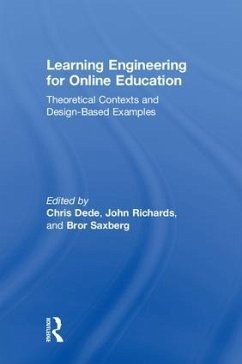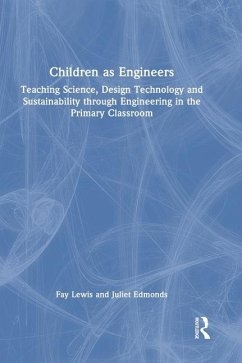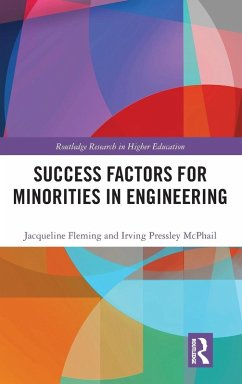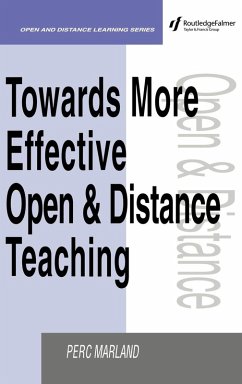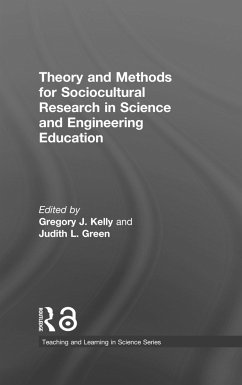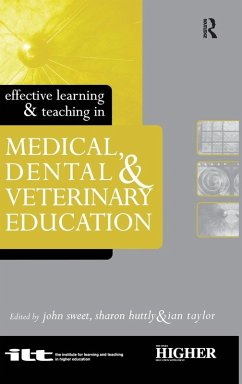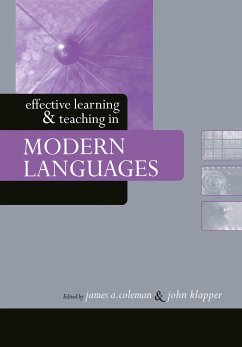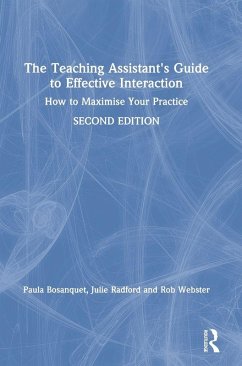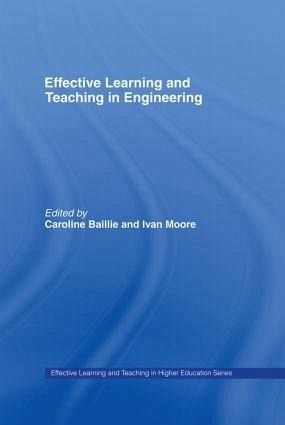
Effective Learning and Teaching in Engineering
Versandkostenfrei!
Versandfertig in 1-2 Wochen
113,99 €
inkl. MwSt.
Weitere Ausgaben:

PAYBACK Punkte
57 °P sammeln!
An indispensable handbook for any HE teacher or lecturer looking for authoritative and practical guidance, this book is tailored to the key requirements of the field of engineering. Subjects covered include the drivers for effective learning development, participation issues, leadership, assessment, problem-based learning, distance learning and small group teaching. The book is rooted in experience - written by members of the LTSN subject centre, it employs a wide range of case studies throughout, reflects on lessons learnt from innovative practitioners and advises on implementing best practice in teaching and learning.





